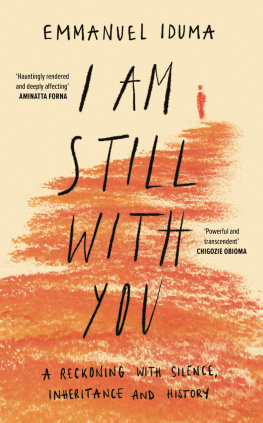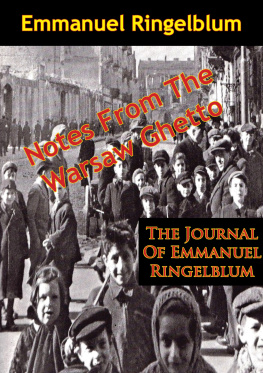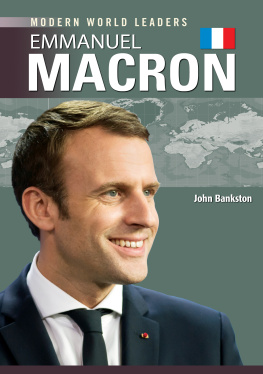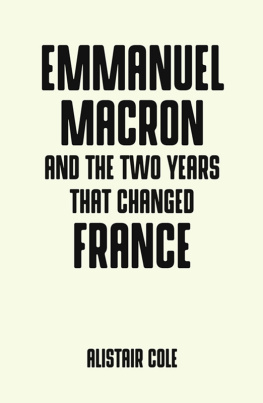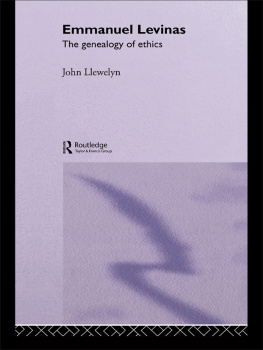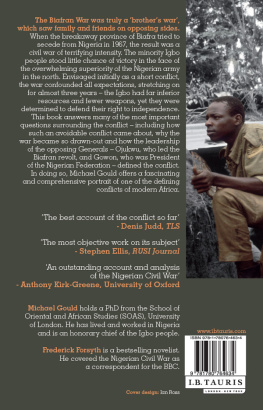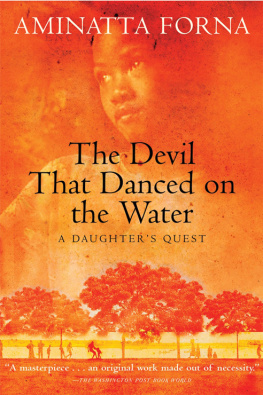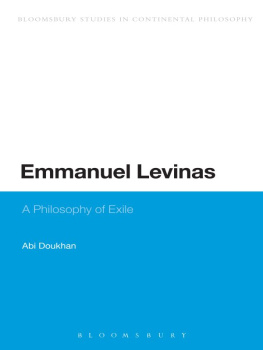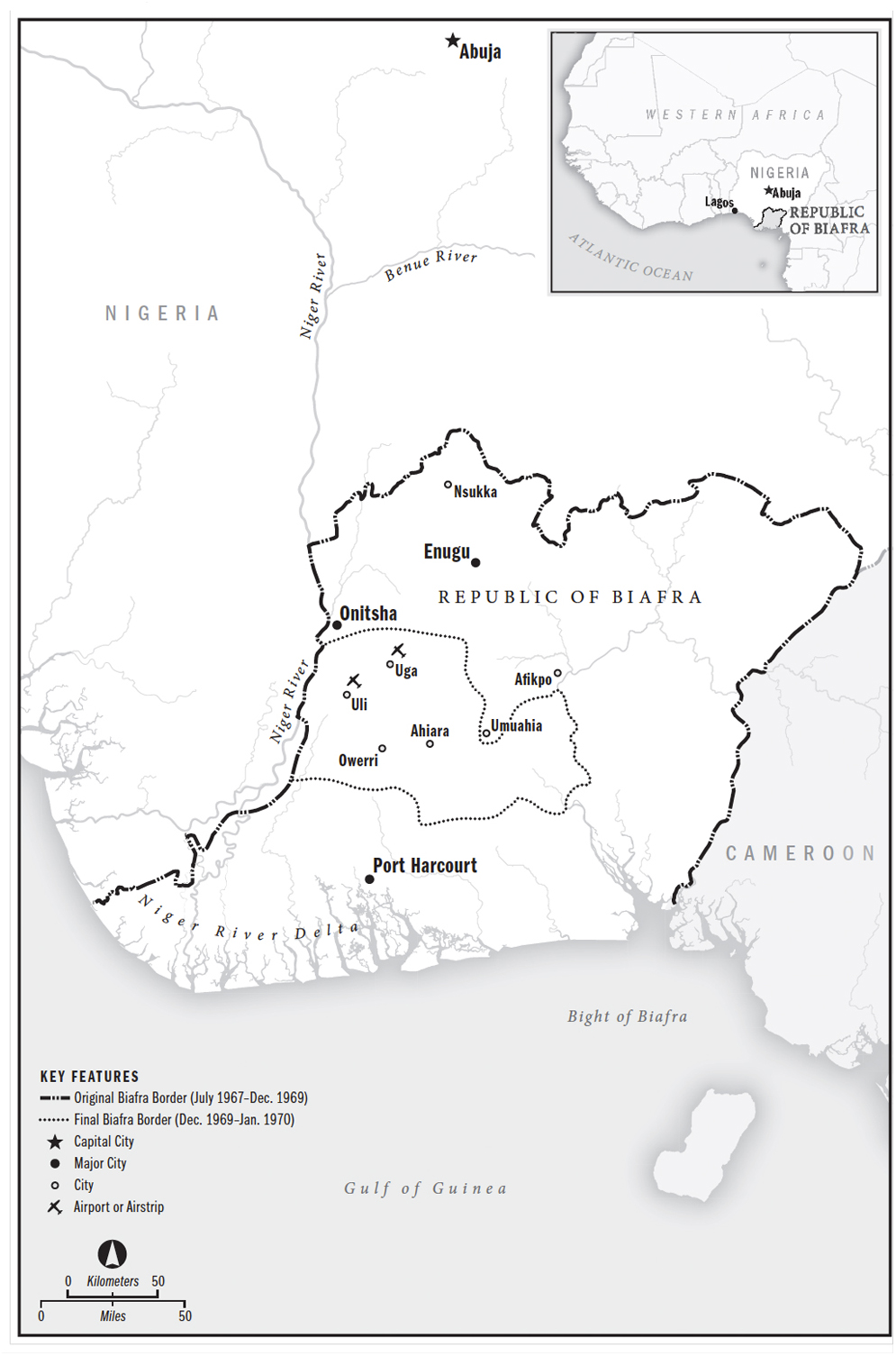Contents
Guide
Contents
I AM STILL WITH YOU
A Reckoning With Silence, Inheritance, and History
Emmanuel Iduma

William Collins
An imprint of HarperCollinsPublishers
1 London Bridge Street
London SE1 9GF
WilliamCollinsBooks.com
HarperCollinsPublishers
Macken House
39/40 Mayor Street Upper
Dublin 1
D01 C9W8 Ireland
This eBook first published in Great Britain by William Collins in 2023
Copyright Emmanuel Iduma 2023
Map 2022 by Margot Carpenter and Peter Howe
Photograph Romano Cagnoni
Cover design by Emma Pidsley
Emmanuel Iduma asserts the moral right to be identified as the author of this work
A catalogue record for this book is available from the British Library
All rights reserved under International and Pan-American Copyright Conventions. By payment of the required fees, you have been granted the non-exclusive, non-transferable right to access and read the text of this e-book on-screen. No part of this text may be reproduced, transmitted, down-loaded, decompiled, reverse engineered, or stored in or introduced into any information storage and retrieval system, in any form or by any means, whether electronic or mechanical, now known or hereinafter invented, without the express written permission of HarperCollins
Source ISBN: 9780008430726
Ebook Edition February 2023 ISBN: 9780008430740
Version: 2023-01-05
For Emeka, Chineme, and Enyinna, my siblings.
And for Amarachi, our beloved little sister.
When I awake, I am still with you.
P SALMS 139:18
The past does not change, nor our need for it. What must change is the way of telling.
A NNE M ICHAELS , T HE W INTER V AULT
A YEAR AFTER I returned home, Lagos erupted in protests.
I checked the news every waking hour throughout those unsettled weeks of October 2020, gathering details of arrests, of ill-fated spectators hit by stray bullets, and of roadblocks set up by roving groups of begrudged young people. I understood enough of the demands being made by the protestersfor the government to disband the Special Anti-Robbery Squad, a police unit known for extrajudicial killingsto know that I sympathized with the movement. And yet during the first week of the protests, my lack of productivity hovered over my desk like an albatross. One evening, my wife Ayobami and I drove to join the crowd. It was by now the second week. Looking back, I realize I had agreed to venture out only because I could be of no use to myself otherwise, as if moved by irritability and not curiosity.
We parked behind a long row of cars two kilometers from a toll area and began to walk. The highway was full of a steady stream of people who, for the most part, seemed younger than we were. It was a popular opinion in the commentaries we read, and we could now attest, that this was an uprising by a generation born after or just before Nigerias return to democratic rule in 1999. They have vague or no memories of military dictatorshipsunlike I do, such as of a morning in early 1998 when I was stung by residue of tear gas while crossing the road to run an errand, a definitive warning against taking to the streets in protest in my childhood and thereafter.
Approaching the tollgate, we saw clusters of idle protesters, sitting on barricades or on car hoods. Some blared music from their cars, dressed in singlets or miniskirts. The mood was exuberant; apathy toward the government had become a cause clbre. One barricade had been spray-painted with careful serifed lettering: CHANGE IS COMING . A woman distributed food from a sack, for free, and she was given the most attention of anyone wed seen by a small group of disheveled teenagers. There was a larger group in front, and a speaker who had mounted a concrete platform led them in a chant against the Special Anti-Robbery Squad: End SARS now! But the group seemed listless and responded with little vigor, kept their expressions blank, or chatted among themselves. It hadnt been like that all day, if we judged from the aerial photographs circulating online, of a surging, innumerable crowd on either side of the toll area.
We had gotten there a little after sunset, twelve hours after the beginning of the days sit-in. Now all we sawthe only time we mustered the resolve to go outsidewas the husk of a decisive moment. Despite this, when we returned home and I thought of the travels Id undertaken months prior, I was convinced of what was set off in me: the lingering sense of being enfolded in a sequence of histories and inequities larger than all of us.

BEFORE THE PROTESTS, Id visited my older brother, Emeka, in Abuja, the capital city. Two years my senior, he and his wife have two sons. I usually saw him each time I had the opportunity; Id go to him in Abuja or pass the night in his hotel room if he was in Lagos for work. During our most recent time together, I noticed his new quirks, particularly in how he carried himself as a father: spanking the older boy, named after our father, and feeding the younger boy, named after me. Some days, I was surprised by the chill of the mornings, even before it rained. Id take in the views of the surrounding rocks, the distant line of trees. The red earth, the wide roads, the occasional bumps, the smell of roasted corn.
I told him, on the day I arrived, that I would like us to speak about our familys tragedy during the Nigerian Civil War.
The war began on July 6, 1967, after a year and a half of cataclysms. In 1966, Nigeria had been an independent country for six years, and its three largest ethnic groupsthe Hausas in the North, the Yorubas and Igbos in the Southhad been faultily amalgamated, together with up to three hundred other groups, within borders created during British colonial rule. Two coups dtat preceded the war, the second, led by soldiers of northern origin, to counter the first. In the bloodletting of the July 1966 countercoup, nearly thirty thousand people were killed in pogroms in the Northern Region.
Most of the assailed were Igbo; what had begun as a mutiny by northern units of the Nigerian Army was now a popular uprising against Igbos and others belonging to the smaller ethnic groups around south-eastern Nigeria. Hundreds of thousands of Igbo survivors returned to their ancestral homelands in the Eastern Region, whose government proclaimed its independence as the Republic of Biafra. Then the federal government declared war, referred to as a police action, to keep the country one. The military officers who led each sideBiafras Chukwuemeka Odumegwu Ojukwu, Nigerias Yakubu Gowonwere in their midthirties. Boys, some barely teenagers, volunteered to fight for the breakaway republic. They imagined a nation formed by revolutionary struggle, free from the persecution of the Hausa ruling class and its British allies. Many of the casualties of the war, as it dragged out for another thirty months, were children. In September 1968, the International Committee of the Red Cross estimated that almost ten thousand people were dying daily from starvation caused by Nigerias blockade of Biafra.

